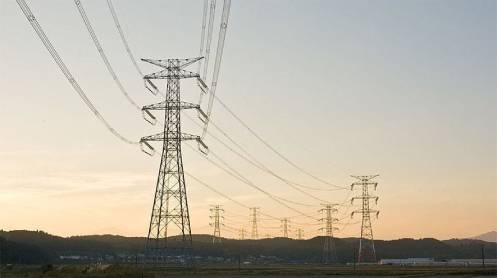The caretaker government in Pakistan has issued directives to the Power Division to amend the outdated National Electricity Act of 1910 in order to align with the evolving dynamics of the power sector. The aim is to facilitate the introduction of a competitive electricity market, primarily through the implementation of wheeling charges, to enable private consumers to directly access electricity from power producers.
Despite successive governments’ efforts to implement the Competitive Trading Bilateral Contracts Market (CTBCM), progress has been sluggish. This market model aims to combat issues such as rampant theft and losses in the national grid. To expedite progress, the Cabinet Committee on Energy (CCOE) has formed a committee to deliberate on wheeling charges and expedite recommendations.
The Power Division has been instructed to conduct internal assessments by engaging with industry stakeholders and submit findings by mid-February 2024. Wheeling charges, which encompass fees paid to transmission and distribution companies for supplying electricity, are a key component of this strategy.
Recognizing the need for legislative modernization, the government emphasized the importance of updating the National Electricity Act 1910 to reflect current realities in the power sector. Additionally, the CCOE directed the Power Division to provide updates on the status of the electricity trading market plan.
Efforts towards market reforms, specifically transitioning from the existing single-buyer model to the competitive CTBCM, have been ongoing. The CCOE has shown keen interest in electricity market reforms and instructed the Power Division to submit monthly progress reports.
Furthermore, the government has extended negotiations with independent power plants (IPPs) to cover hydel and gas-based projects, aiming to stabilize tariffs amid recent surges. The negotiations aim to review dollar indexation clauses and implement caps on electricity prices.
The caretaker government’s initiatives underscore a commitment to modernize the power sector, streamline regulations, and address longstanding challenges to ensure a more efficient and sustainable energy landscape in Pakistan.





